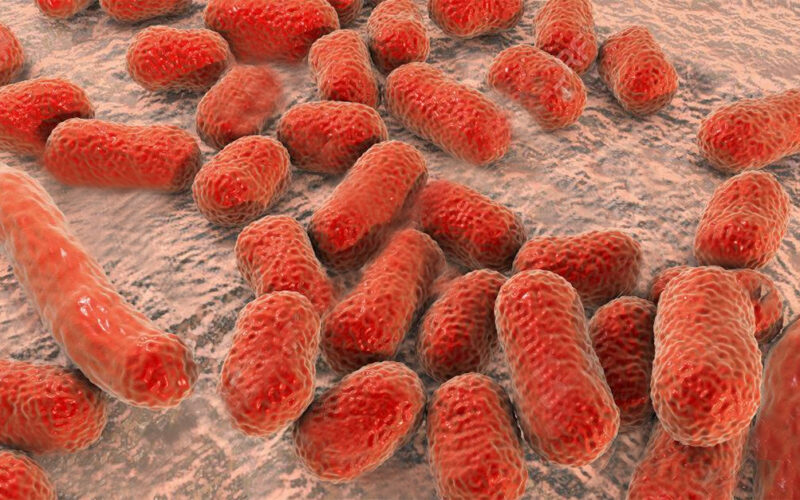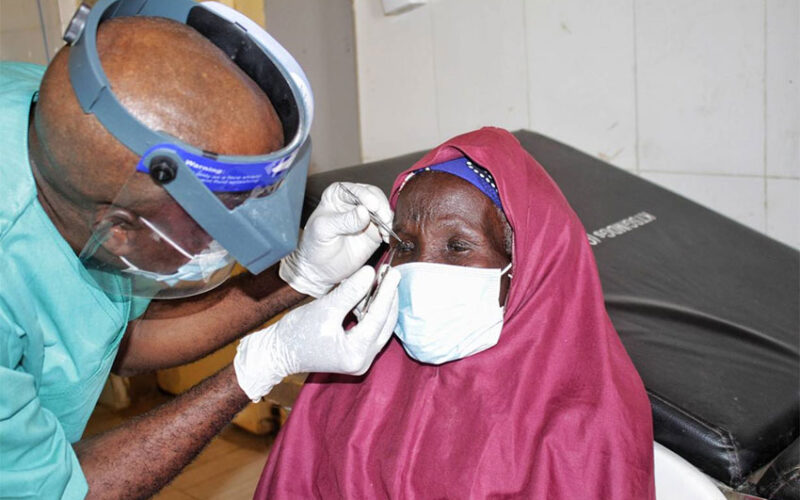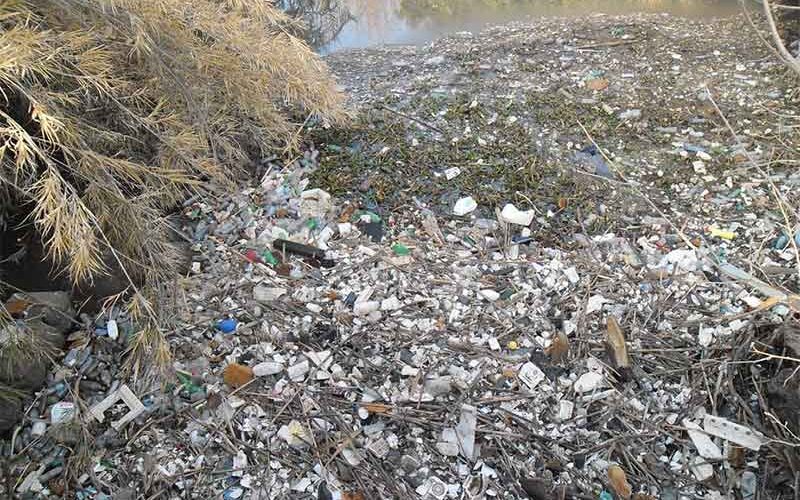
Antimicrobial resistance is a silent killer that leads to 5 million deaths a year. Solutions must include the poor
MICROBES such as bacteria, viruses, parasites and fungi form part of our everyday lives – they live in us, on us and around us. We need them for healthy digestion, immune function, and the synthesis of essential nutrients, and we depend on them for farming and industrial processes. But microbes also cause disease in people, animals and plants. That is why science has developed an arsenal of antimicrobials that kill them or slow their spread. Over time, microbes develop resistance to antimicrobials, and some eventually evolve into so-called “superbugs” that no longer respond to the drugs. So we see more…


